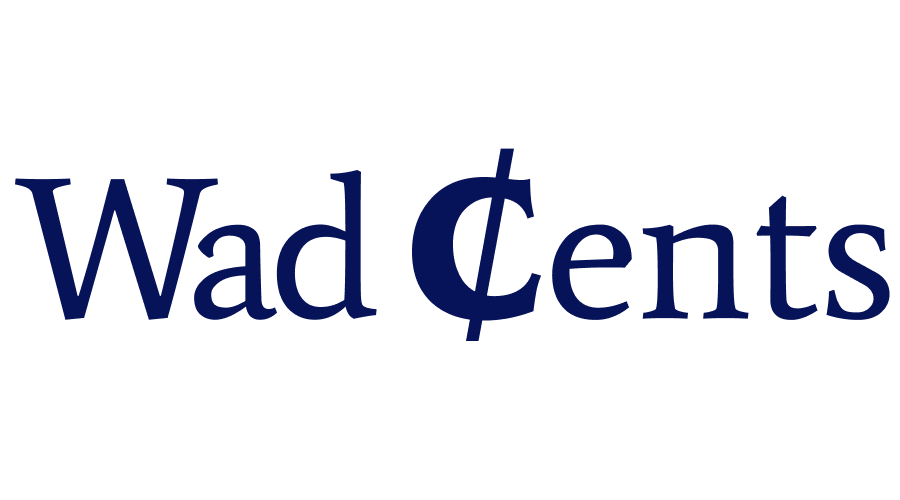When you have an urgent financial need, a 401(k) loan can be a great way to get immediate access to your retirement assets. The terms of the 401(k) loan, including the loan amount, interest rate, and repayment period, may be similar to other types of loans.
When you borrow a 401(k) loan, you will pay back the principal amount plus interest over the loan repayment period. Based on IRS rules, you will be required to repay the 401(k) loan over a 5-year repayment period, or more if you are using the 401(k) loan to purchase your principal residence.
Who gets the interest on a 401k loan?
The interest you pay on the 401(k) goes back to your 401(k) account, and not the lender, as is the case with other types of loans. Since you are borrowing your own money, the interest is paid back into your retirement plan, and not the lender.
A 401(k) loan is often a better choice than other types of short-term financing such as payday loans or personal loans. These loans attract higher interest rates than what a 401(k) loan would charge, making them less attractive. Plus, the interest you pay on payday and personal loans goes to the lender.
What is the interest rate on a 401(k) loan?
If you contribute to your employer’s 401(k) plan, you may be able to take a 401(k) loan against your accumulated retirement savings. Typically, the terms of the 401(k) loan and rates are determined by the plan administrator, but it must be within the IRS threshold.
The interest rate on a 401(k) loan is usually based on the prime rate, usually 1% to 2% plus the prime rate. For example, if the prime interest rate is 6%, and the plan administrator adds 1%, you will pay a 7% interest rate on the loan. The interest paid on a 401(k) loan goes back to your 401(k) account, instead of a lender.

Generally, the 401(k) plan document guides how the retirement plan determines the interest rate, repayment period, and loan amount. You can request a copy of the plan document to know how much interest you will pay.
How are 401(k) loan interest rates calculated?
The 401(k) loan interest rate is based on the prime rate, which is the rate that lenders use to extend credit to their most creditworthy borrowers. When determining the interest rate on 401(k) loans, plan administrators add 1 or 2 percentage points to the prime rate.
The prime rate is published daily by the Wall Street Journal, and it is based on surveys of the top 30 bank’s lending rates. Hence, when you apply for a 401(k) loan, the 401(k) plan will use the prime rate at the time when your loan application is submitted.
The prime rate is benchmarked on the federal funds rate, which is set by the Federal Open Markets Committee. The Fed Funds rate guides overnight lending among banks, and individual banks use the rate as the starting point when determining the prime rate.
How does a 401(k) loan work?
When you take a 401(k) loan, you are essentially borrowing money from your accumulated retirement savings. Depending on the amount your employer allows participants to borrow, you can borrow as much as 50% of your vested balance, up to a maximum of $50,000.
401(k) loans have a repayment period of up to 5 years, but it can be longer if you are borrowing to buy your principal residence. You may be allowed up to 15 years to repay the loan if you are borrowing to buy a home.
Related: Is 401(k) a waste of money?
Benefits of borrowing from 401(k)
While borrowing from 401(k) can jeopardize your retirement savings journey, it has several benefits. Here are some benefits you can expect:
No taxes or penalties
When you take a 401(k) loan, you can avoid incurring income taxes and penalties that you would pay if you made an early 401(k) withdrawal. Even if you are younger than 59 ½ when you borrow from 401(k), you won’t owe an early withdrawal penalty on the loan.
No credit checks
401(k) loans don’t require credit checks, and you can get approved for a loan even if you have a poor credit score. When you apply for a 401(k) loan, the plan administrator won’t require you to provide a credit report. Also, if you default on the 401(k) loan, the plan administrator won’t report the default on your credit report, hence it has no impact on your credit score.

Interest goes back to your account
When you make 401(k) loan payments, the principal and interest amount go back to your 401(k) account. Apart from paying back the amount you took out of the 401(k), you also benefit from interest payments, which can help accelerate your retirement savings to a substantial nest egg.
Use the loan for any purpose
Unlike an early withdrawal where you can only use the funds for a specific purpose like medical expenses, funeral expenses, and college education costs, a 401(k) loan can be used for any purpose. You can the 401(k) loan to pay debt, buy a second home, pay for roof repair, or even pay for medical bills.
Will my employer know if I take a 401k loan?
Your employer will know if you take a 401(k) loan. When applying for a 401(k) loan, you do so from your 401(k) account with your current employer. You will be required to send a filled loan application form to your 401(k) plan administrator, who will review, approve, and disburse payments either via check or electronically.
Additionally, when making loan payments, you do so via payroll deductions. Your employer will deduct loan payments from your paycheck every pay period until you pay off the loan or leave the company. The employer is responsible for all aspects of the 401(k) plan and will have access to all information related to the retirement plan.
However, if you work for a big organization with multiple departments, it is unlikely that your immediate boss will know about the 401(k) loan. Managers in the lower levels of the organization structure may not have the authority to access certain employee information, such as 401(k) plan information.


